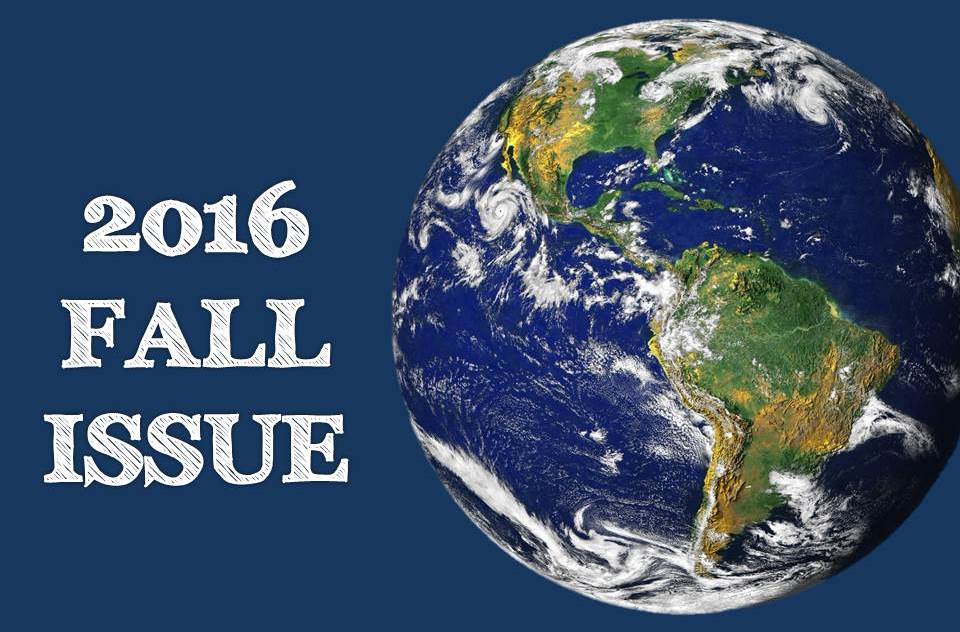Three Eras in Global Tobacco Control: How Global Governance Processes Influenced Online Tobacco Control Networking
Heather Wipfli, Kar-Hai Chu, Molly Lancaster, and Thomas Valente
Online networks can serve as a platform to diffuse policy innovations and enhance global health governance. This study focuses on how shifts in global health governance may influence related online networks. We compare social network metrics (average degree centrality [AVGD], density [D] and clustering coefficient [CC]) of Globalink, an online network of tobacco control advocates, across three eras in global tobacco control governance; pre-Framework Convention on Tobacco Control (FCTC) policy transfer (1992-1998), global regime formation through the FCTC negotiations (1999-2005), and philanthropic funding through the Bloomberg Initiative (2006-2012). Prior to 1999, Globalink was driven by a handful of high-income countries (AVGD=1.908 D=0.030, CC=0.215). The FCTC negotiations (1999-2005) corresponded with a rapid uptick in the number of countries represented within Globalink and new members were most often brought into the network through relationships with regional neighbors (AVGD=2.824, D=0.021, CC=0.253). Between 2006 and 2012, the centrality of the US in the network increases significantly (AVGD=3.414, D=0.023, CC=0.310). The findings suggest that global institutionalization through WHO, as with the FCTC, can lead to the rapid growth of decentralized online networks. Alternatively, private initiatives, such as the Bloomberg Initiative, can lead to clustering in which a single source of information gains increasing influence over an online network.

